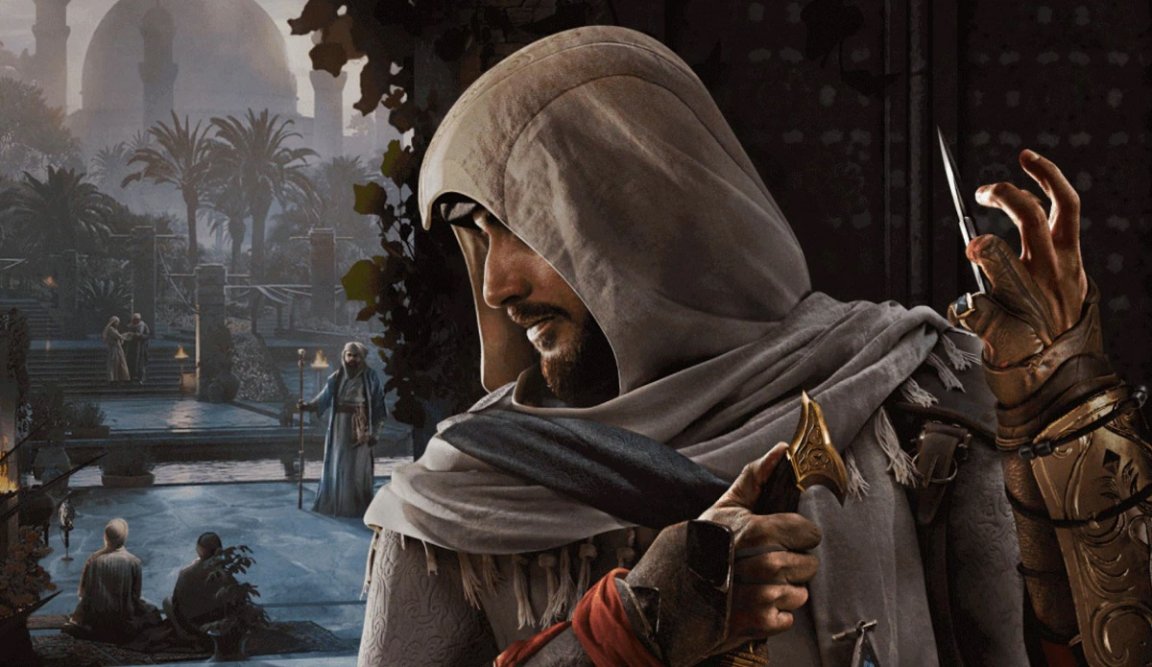
Bark With Bite
Ubisoft, one of the world’s largest video game developers known for titles like the “Assassin’s Creed” franchise, is moving to partially automate writing in-game dialog by developing an AI tool called Ghostwriter.
In video games, non-player characters (NPCs) often speak in what are known as “barks”: short, often shouty lines of dialogue triggered by in-game events — a “Watch those wrist rockets!” a quick “Reloadin’!” or a tired “Took an arrow to the knee.” To hear Ubisoft tell it, drafting those innumerable quips is the perfect application for machine learning.
“Ghostwriter isn’t replacing the video game writer, but instead, alleviating one of the video game writer’s most laborious tasks: writing barks,” the developer assured in a press release. “Ghostwriter effectively generates first drafts of barks — phrases or sounds made by NPCs during a triggered event — which gives scriptwriters more time to polish the narrative elsewhere.”

Dicey Dialogue
A writer using Ghostwriter would start by creating a character, and then specifying the line of dialogue or interaction they want to generate based on a selected mode, e.g. “confident,” “excited,” or “irritation.” The AI then churns out a bunch of different variations in pairs, which the writer can then choose the best of between the two, and manually edit.
“Rather than writing first draft versions themselves, Ghostwriter lets scriptwriters select and polish the samples generated,” said Ben Swanson, the creator of Ghostwriter and an R&D scientist at Ubisoft LaForge, in the release, adding that the software will become smarter and finer tuned the more a writer uses it, as it picks up on their preferences.
During a talk at the Games Developer Conference this week, Swanson compared Ghostwriter to rolling a 30,000-sided die with each face corresponding to a word, and then rolling it over and over again until you have a full sentence, as quoted by Game Developer.
Forget ChatGPT
Swanson also affirmed that the tool requires human input and wouldn’t work if Ubisoft’s writers weren’t already enthusiastic about using it.
Addressing the industry’s uneasy foray into AI, Swanson urged other developers to not use other generative-AI like OpenAI’s ChatGPT and to instead develop their own tools, warning that they may not own the content it produces or the data going into it.
“You don’t know what these companies are going to do,” he said. “If you’re trying to build these systems, keep lines of communication and talk to narrative designers and scriptwriters.”
More on: Google’s New AI Says Google Is a Monopoly and the Government Should Break It Up